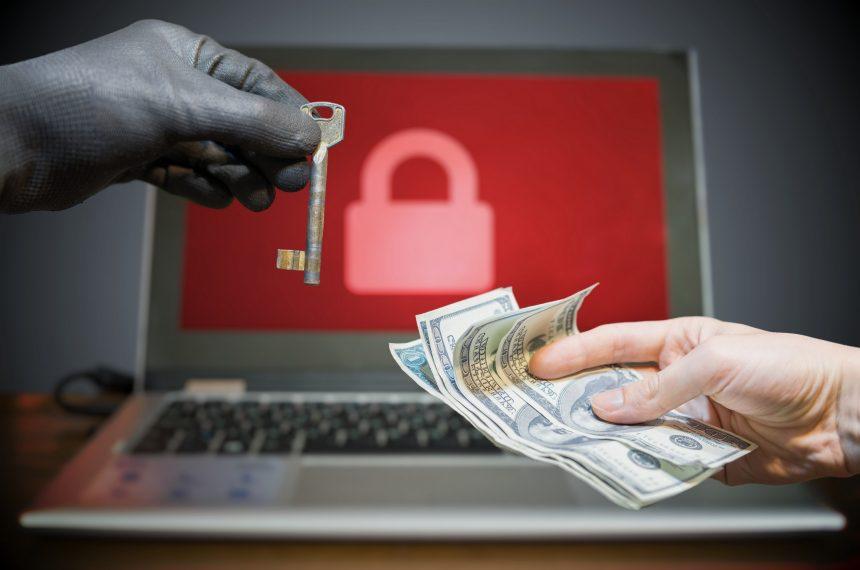MMVB Ransomware is yet another file-encrypting malware that has joined the STOP/Djvu Ransomware family. It targets most commonly used files including documents, videos, databases, and photos. However, after it has been launched, the encryption algorithm will not affect system files. This is because the hackers need your system to work so you could transfer the ransom payment.
Files that are encrypted by MMVB Ransomware receive the telltale ‘.MMVB’ extension at the end of their names, and victims soon discover a ransom note on their computer’s desktop. The ransom note is titled “_readme.txt.” It instructs victims to contact the hackers responsible for this infection via support@bestyourmail.ch and datarestorehelp@airmail.cc.
The ransom note also instructs victims to pay either $980 or $490 in Bitcoin for file decryption. The lower ransom amount applies if the initial contact with the hackers is made within the first 72 hours after infection. The MMVB Ransomware operators will also offer users one file decryption for free to prove they can unlock all affected files.
Unfortunately, a free online decryption tool, that could restore files affected by MMVB Ransomware, is not available at the moment. The only reliable way to recover encrypted files is to restore them from a backup. You may also research the Web for alternative data recovery options, but there’s no guarantee that alternative data recovery tools can unlock all the encrypted files.
Although it may seem that the easiest path to restoring your files is to cooperate with the hackers, we never recommend communicating with them. It’s very likely that you will not receive a decryption key even if you pay them.
How Do I Remove MMVB Ransomware?
To protect yourself from an MMVB Ransomware attack, you should have a reputable malware remediation tool installed on your computer. That way, you can constantly scan for and remove objects associated with this troublesome ransomware infection, as well as other malware. To mitigate the potential damage to your files, do not forget to back them up on an external hard drive or virtual cloud storage.





